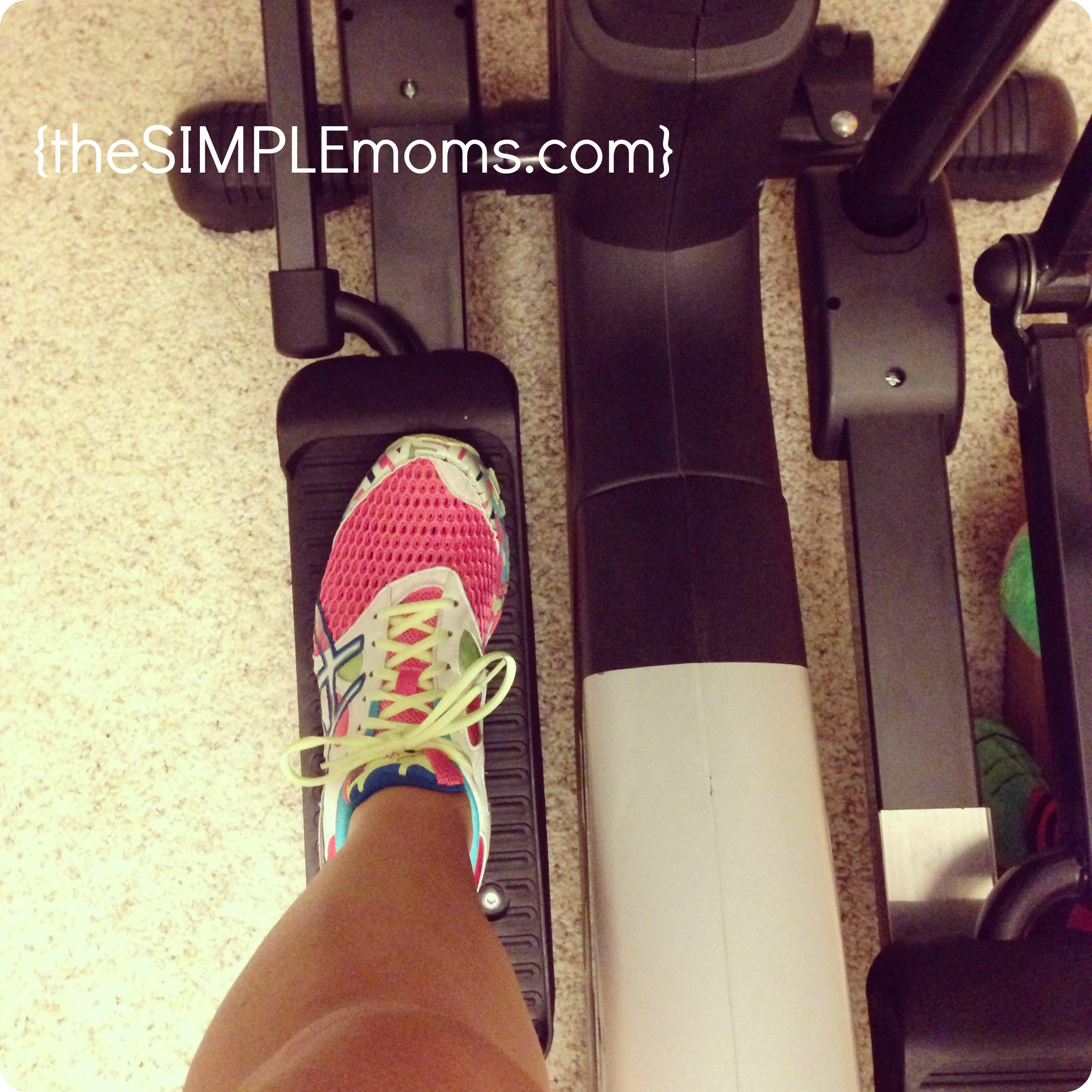The brain is the center of the human experience. Every movement, thought, and breath we take is controlled and processed by the brain. Why is it that brain health is often passed over in favor of physical pursuits? If you’re feeling slow in reaction-times, cognitive power, or memory-retention, it may be time to focus on your brain health. Luckily, there are some easy changes you can make to improve your cognitive ability.

The first area to target when you’re looking to improve cognitive power is your diet. The brain and all other body systems, rely solely on the nutrients they receive from food and liquids. Without a solid diet base, the brain can be hit by several side effects, like inflammation, worsening mental conditions, or even brain tissue damage.
If you want to fuel your brain with the best food possible, following a clean diet is the best route to follow. Begin by gradually cutting out refined foods, (think sugary, prepackaged, and artificial) and replace them with fresh fruits, veggies, and lean protein.
Studies have shown that a Mediterranean diet produces the most benefit for brainpower. To start this diet, try incorporating more good fats, like nuts, avocados, and fish into your everyday routine. These foods, when paired with a balanced diet of veggies and other clean foods, provide your brain with Omega-3 fatty acids. These acids are vital for brain health, but our bodies don’t naturally produce them. Eating as the Greeks do is a great way to boost your brain’s capabilities.

Along with a healthy diet, there are some extras you may consider when focusing on brain health. Superfoods are all the rage right now, but separating fact from fiction can be difficult. According to Harvard Health Publishing, foods that protect your brain and blood vessel flow include B vitamins, Omega-3, and antioxidants that delay damage to cells by protecting enzymes and fats in the body.
The next time you’re itching for some brain food, consider these three superfoods:
- Berries, which are bursting with antioxidants. Blueberries especially have been directly linked to improved memory-function due to flavonoids. A handful of blueberries twice a week can reduce your memory loss by a substantial rate.
- Another option is tea or coffee. Your morning joe does more than just wake you up. Caffeine, when taken in moderation, has been proven to improve long-term memory retention. In addition, the concentration that tea and coffee boast can also impact your ability to recall short-term memory, making it perfect for tests and study sessions.
- Finally, when you itch for a snack in between meals, reach for some walnuts instead of chips. The fatty-acid alpha-linoleic is great for improving cardiovascular health, which improves blood flow to and from your brain.
A healthy diet may not always be enough to keep your brain at its best. If you want to add an extra boost to cognitive health, consider supporting your brain with supplements. Nootropics are specifically designed supplements that help with recall, brain function, and memory loss. Nootropics generally consist of vitamins, naturally extracted nutrients, and amino acids directly linked with cell repair and blood flow. Of course, plenty of scams are out on the market, but you can find plenty of scientifically-backed brands that are transparent in their formulas. Consult with your physician about supplementing your diet regimen with nootropics if you need an extra boost in concentration and memory.
Just as you train your muscles with exercise, the brain can also benefit from training. According to Scott Weems from Psychology Today, brain programs that truly challenge your thinking processes in a varied way can boost mental health. For example, BrainHQ is a program that improves cognitive elasticity by constantly changing your perspective and forcing you to adapt to challenging stimuli. This forms new neural pathways, which can help you feel more productive in your everyday life.

If you don’t have room in your budget for a program like BrainHQ, you can also try some exercises yourself: on your commute back from work, make a conscious effort to notice everything, including sights, smells, and sounds. Make note of the trees and their branches, the faces of people walking by, and the various sounds from passing cars. This will engage your learning center, making it easier to take in information and process it later.
If you focus on a healthy lifestyle full of nutritious foods and challenging skill-building, your brain will thank you down the road. Try implementing these tips the next time your brain needs a boost.


